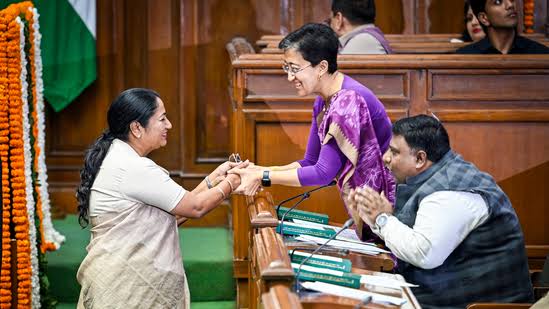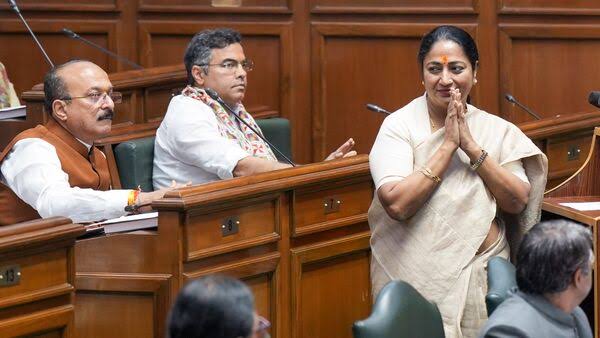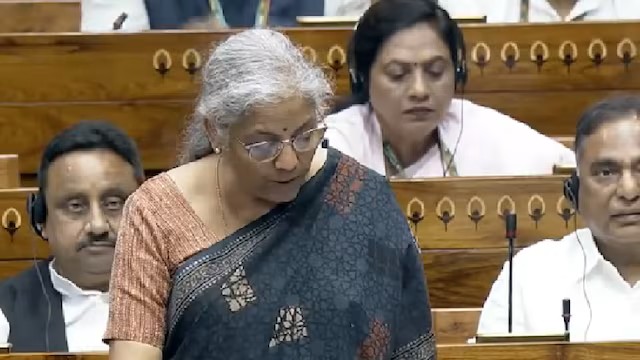The Delhi government suffered a staggering loss of ₹2,002 crore due to flaws in the formulation and execution of its now-scrapped liquor policy for 2021-22, according to a report by the Comptroller and Auditor General (CAG) presented in the Delhi Assembly. The policy, introduced by the Aam Aadmi Party (AAP) government, was later withdrawn amid allegations of corruption that led to the arrests of key leaders, including former Chief Minister Arvind Kejriwal and Deputy CM Manish Sisodia, by the Central Bureau of Investigation (CBI) and the Enforcement Directorate (ED).
 The excise policy was initially framed with the intention of bringing transparency and improving revenue generation, but it soon became mired in controversy. The opposition alleged that the policy favored certain private players at the cost of public funds, leading to its rollback. The CAG report pointed out lapses in revenue collection, deviations from established procedures, and a lack of due diligence in awarding liquor licenses. These discrepancies, according to the audit, contributed to a significant loss to the state exchequer.
The excise policy was initially framed with the intention of bringing transparency and improving revenue generation, but it soon became mired in controversy. The opposition alleged that the policy favored certain private players at the cost of public funds, leading to its rollback. The CAG report pointed out lapses in revenue collection, deviations from established procedures, and a lack of due diligence in awarding liquor licenses. These discrepancies, according to the audit, contributed to a significant loss to the state exchequer.
The arrests of Kejriwal and Sisodia marked a turning point in the case, with AAP calling it a politically motivated crackdown while investigative agencies maintained that financial irregularities justified the action. The controversy has fueled an intense political battle, with opposition parties using the report to demand greater accountability from the AAP leadership. In the Assembly, where the report was tabled, heated arguments ensued as ruling and opposition members clashed over the findings.
For Delhi residents, the scandal has been disheartening. The liquor policy was initially framed as a reformative measure, aimed at eliminating black-market dealings and increasing government revenue. Instead, it has resulted in prolonged legal battles, leadership crises, and now, a confirmed financial loss that could have been used for public welfare. As political debates continue, many Delhiites are left wondering whether accountability will truly be enforced or if this will become yet another case lost in the long corridors of legal and bureaucratic delays.




